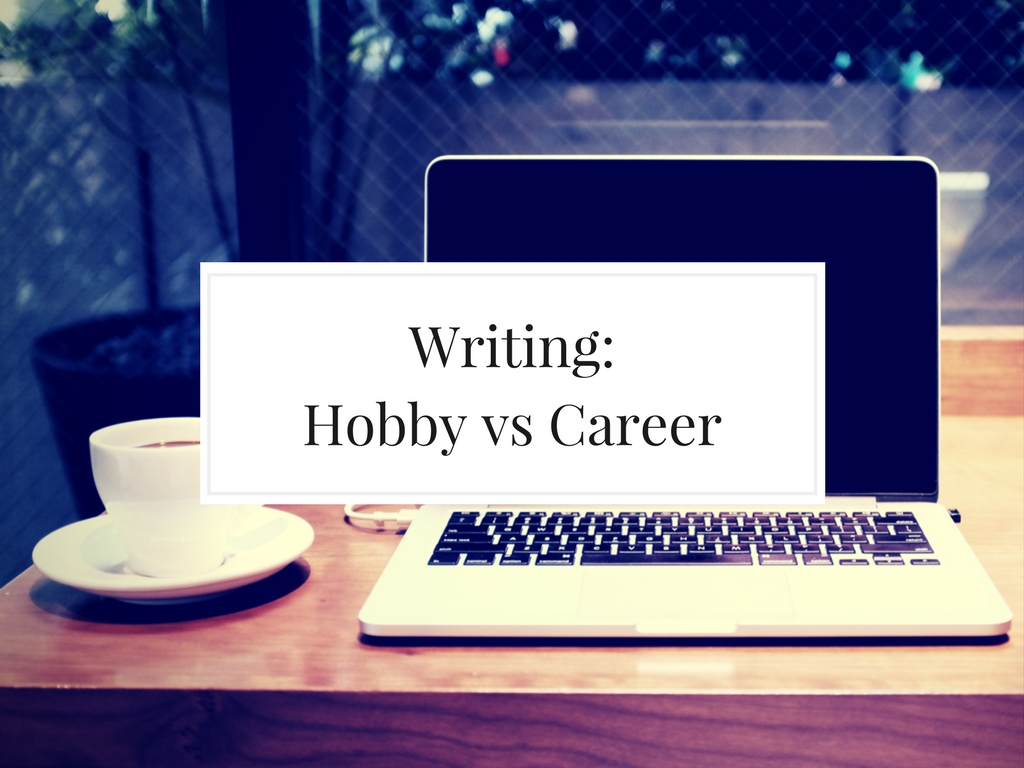How Mini-Cliffhangers Can MAKE Your Novel
I once received some great advice from CD Reiss, another New York Times Bestseller. She was originally trained for screenplay and television writing, and she said to think of your book as a television series. At the end of every 'episode' there is often a cliffhanger. And before commercial breaks, there are often mini-cliffhangers. You want several of your chapters to end the same way, in a manner that leaves the reader desperate to turn the page.
You don't have to have a dramatic event to create a cliffhanger. Any event can be used to hook the reader, whether it be the telephone ringing, or someone asking a question (and not giving the reader their response), or the character seeing something that causes their eyes to widen. Here are some final chapter sentences that I've used before:
“My back is to the door when it opens, but I see the way that Trey stiffens, and I can’t stop myself from turning to see who it is. ”
“I didn’t talk to her again for nine months. I called her the night I discovered his secret. ”
“I move the pen down to the signature block, rolling it softly in my fingers as I stare at the solid line that could change my life forever. ”
If you do end a chapter in a sort of suspenseful fashion, you don't have to continue that scene right away in the next chapter. You can move to another piece of your story (maybe show another character and what they are doing) and drag out the tension for a little longer before you return to the cliffhanger and give the reader what they want.
Do you want a more in-depth look at Mini-Cliffhangers? In my A Fearless Guide to Writing Novels course, I fully dive into Mini-Cliffhangers and how to properly use them.








